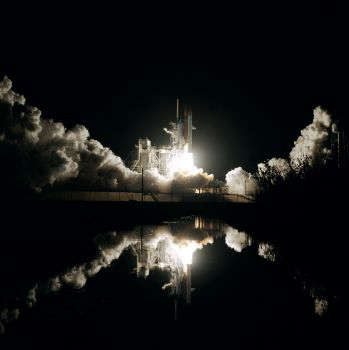
The University of Sussex is aiming for the stars once again as Sussex scientists secure a major grant to lead a UK research effort for a NASA space mission.
With £1.1 million funding from the UK Space Agency, the Sussex led research team will be working on developments for a potential probe mission to investigate the formation of planetary systems and the evolution of galaxies.
The funding is part of a £7.4 million investment in UK space research from the UK Space Agency to enable UK scientists and engineers to play a role in major global space science missions in partnership with other space agencies around the world. The Sussex researchers will be leading a coalition of research teams from the University of Cardiff, Imperial College London and Rutherford Appleton Laboratory, to develop optics, filters and data pipelines for NASA.
The UK institutions that were selected by the UK Space Agency to receive this funding needed to demonstrate scientific excellence in critical areas of space science and exploration technology, and opportunities to work closely with international counterparts.
Professor Seb Oliver, Deputy Pro Vice Chancellor of Research and Professor of Astrophysics at the University of Sussex, who is leading the UK effort, says: “I am delighted that the UK Space Agency has given us this opportunity to secure a significant UK role in a NASA space mission. The UK has an amazing track record in developing new space technology and providing data analysis that allows astronomers to see processes in galaxies, stars and planetary systems that would otherwise be hidden to conventional optical telescopes. My UK colleagues and I are very excited to start work with our US partners on developing exceptional space mission concepts.”
News of the funding win comes as researchers from the University of Sussex’s Materials Physics group complete work on the development of panels for a bespoke testing room for NASA’s Clipper mission. The spacecraft will fly to Jupiter’s moon, Europa to test for liquid water under its exterior ice crust.
Professor of Experimental Physics, Alan Dalton who leads the Materials Physics group at the University of Sussex said: “The panels we built for NASA’s testing chamber for the Europa Clipper’s antenna are lightweight, portable, easily assembled and effective. We developed the technology here at the University of Sussex working with our main partner and funder, Advanced Material Development, who are based at the Sussex Innovation Centre. It’s very exciting to see how our speciality nanomaterial technology is being used to support projects that are, literally, out of this world.”
These NASA research projects are the latest additions to a growing specialism in space science at the University of Sussex.Sussex academics are playing pivotal roles in the James Webb Space Telescope data analysis; are pushing boundaries in our understanding of black holes; and are sharing expertise with the media and public on the cosmic mysteries of our night skies. Sussex astrophysics alumna Rosemary Coogan is also set to become the UK’s third astronaut, following her selection by the European Space Agency as an astronaut trainee in 2022.

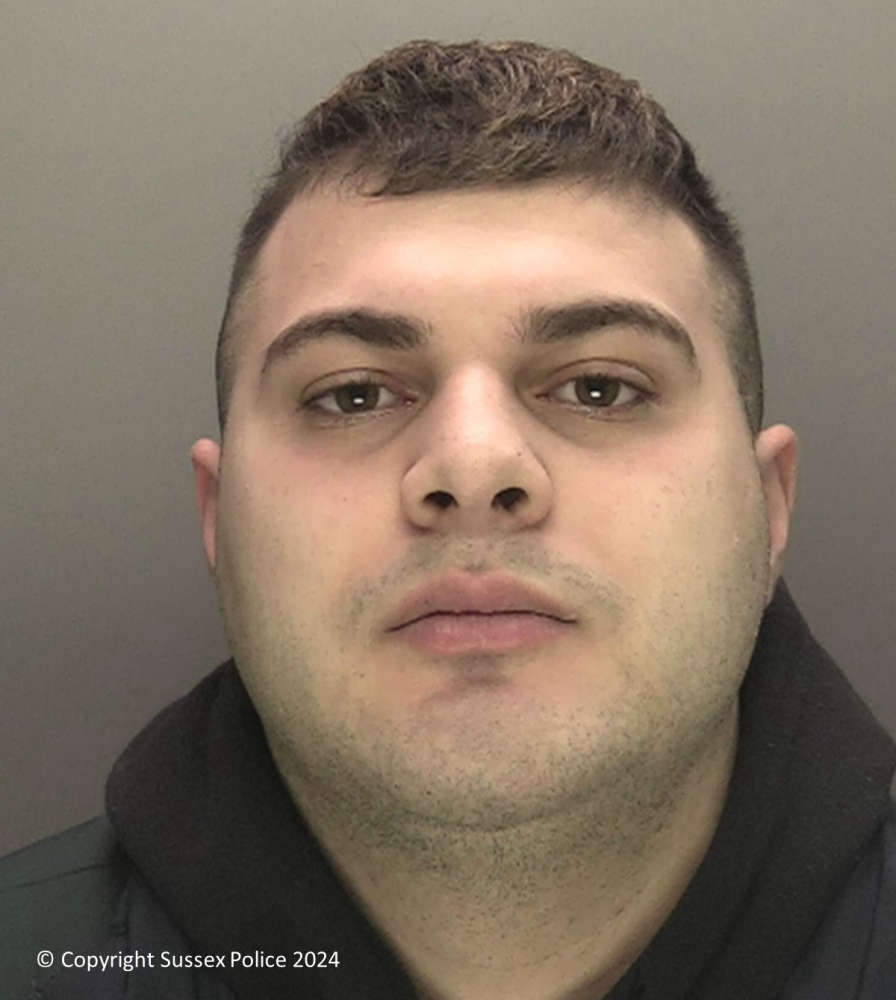 Dangerous driver sentenced over Horsham hit and run collision
Dangerous driver sentenced over Horsham hit and run collision
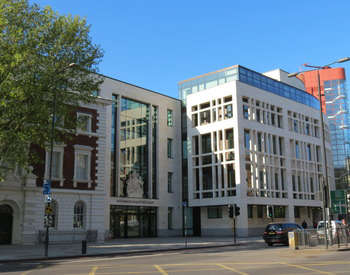 Former Sussex police officer appears in court
Former Sussex police officer appears in court
 Worthing's "Hardest Geezer" run's with the Prime Minister
Worthing's "Hardest Geezer" run's with the Prime Minister
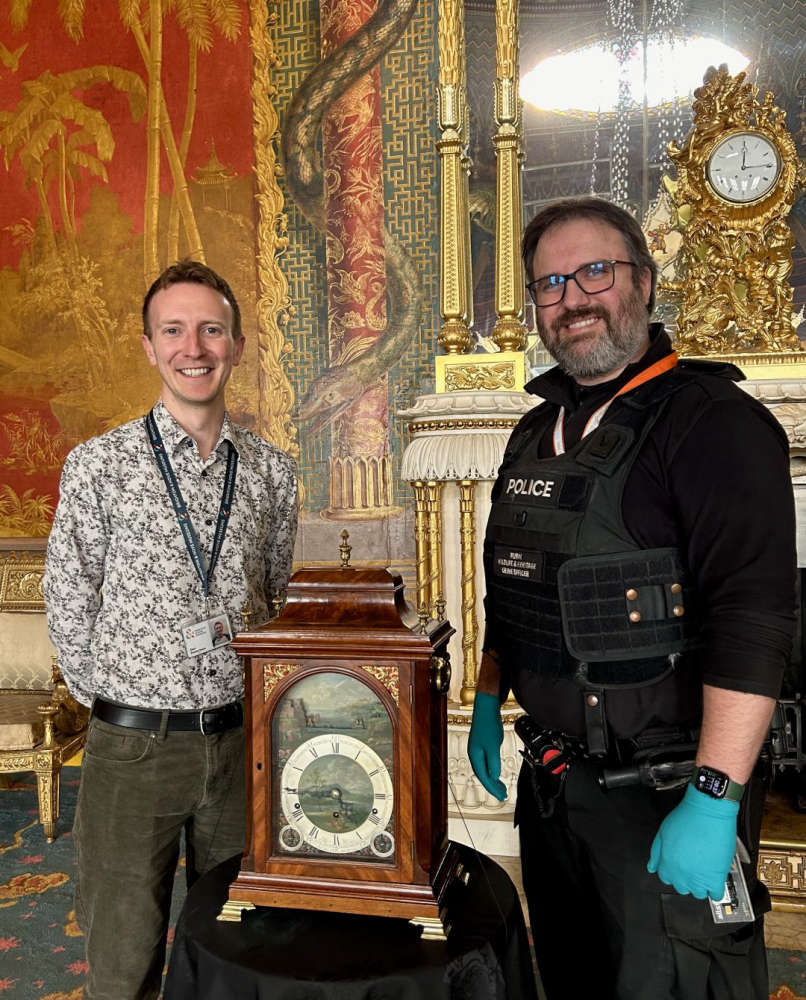 Antique clock returned to Brighton museum following 2001 theft
Antique clock returned to Brighton museum following 2001 theft
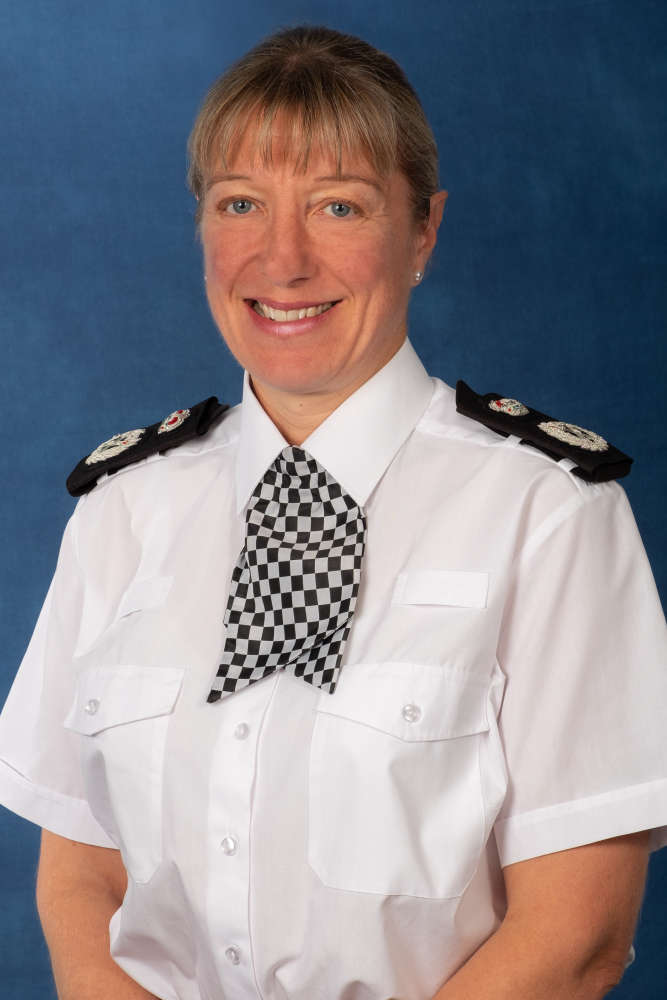 Sussex Clare’s Law statistics
Sussex Clare’s Law statistics
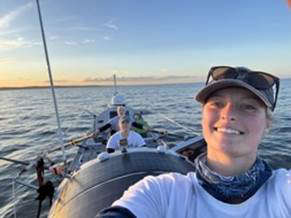 Liphook woman to row 8000 miles across the Pacific Ocean.
Liphook woman to row 8000 miles across the Pacific Ocean.
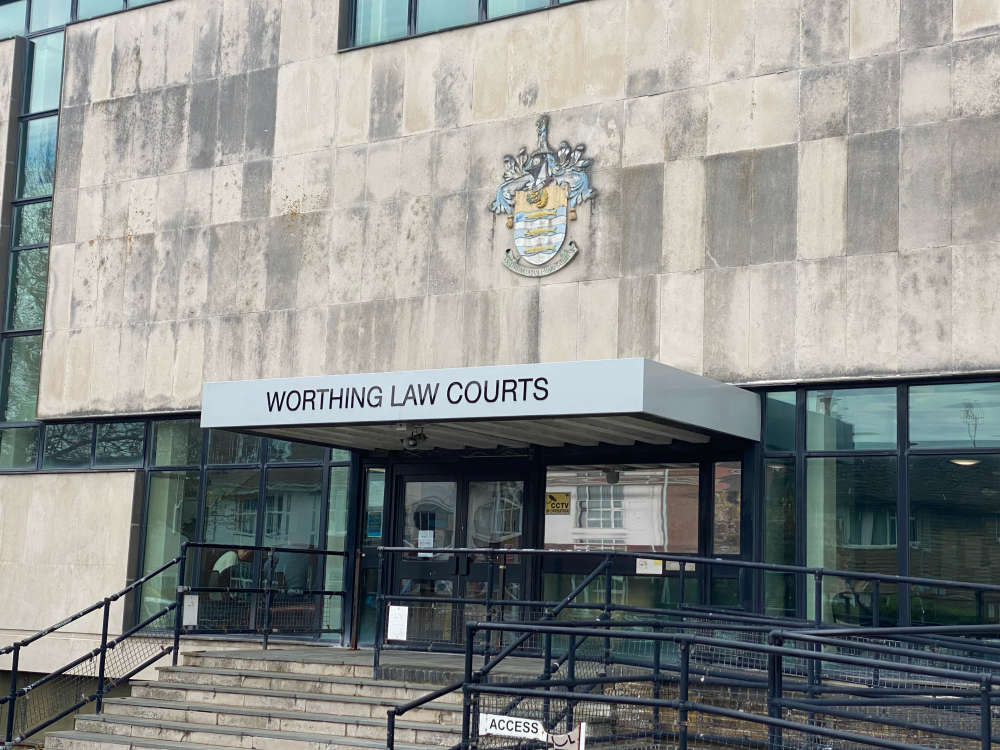 Sussex specialist domestic abuse courts introduced
Sussex specialist domestic abuse courts introduced
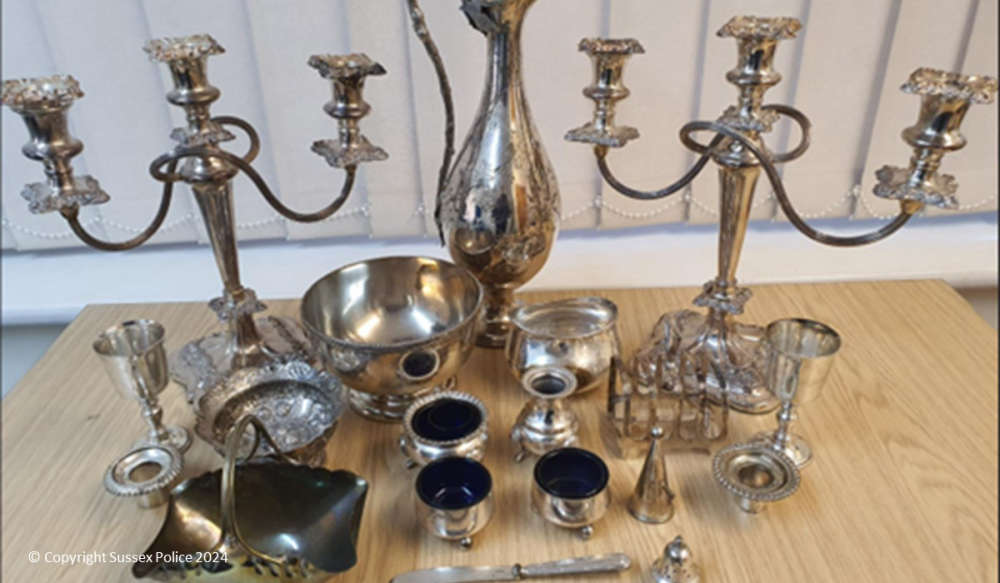 Appeal to reunite owners with suspected stolen silverware
Appeal to reunite owners with suspected stolen silverware
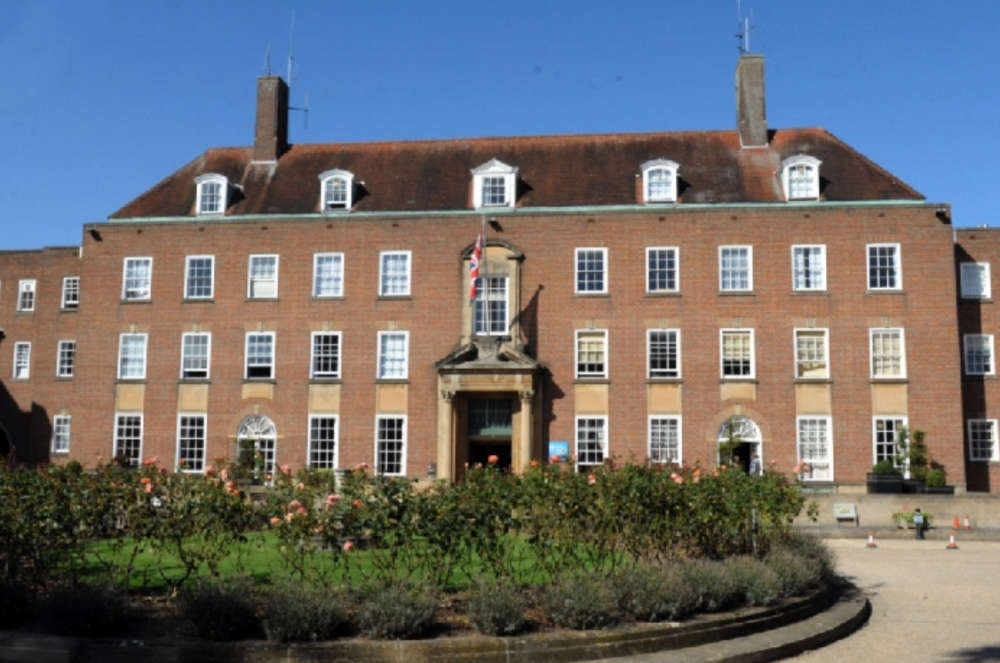 Plants to spend £26million on West Sussex County Council Computer System
Plants to spend £26million on West Sussex County Council Computer System
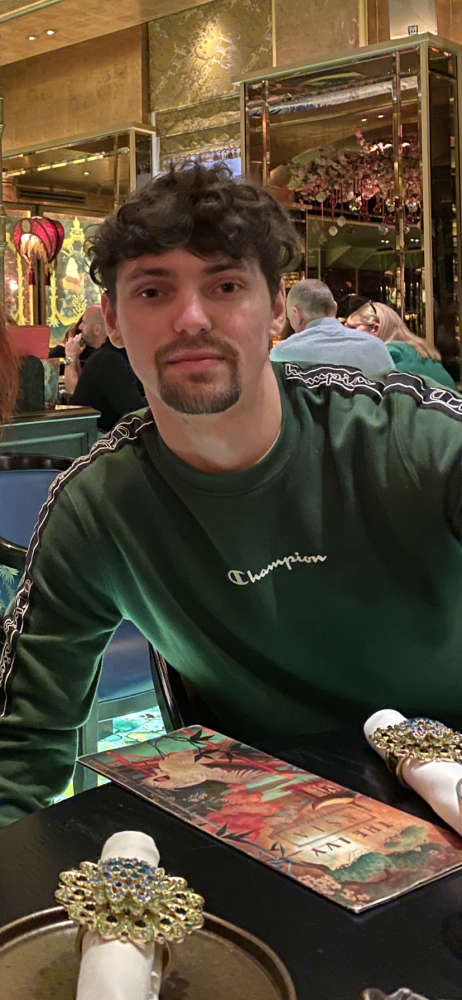 Two men jailed in Crawley murder investigation
Two men jailed in Crawley murder investigation






